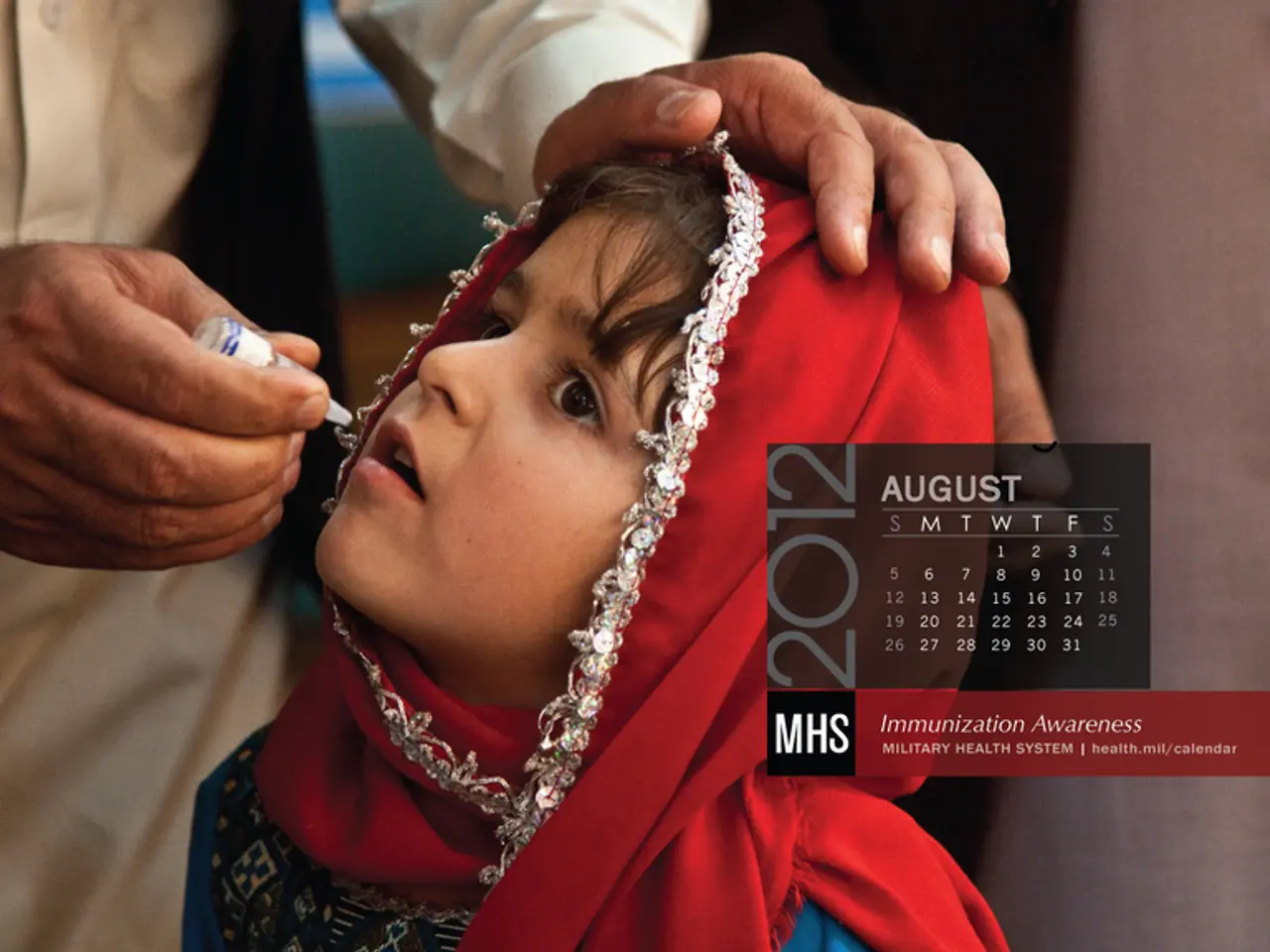The isolation of the pandemic has led individuals to perceive time as moving at a slower pace!
A recent study published in the journal Science Advances has shed light on how the COVID-19 pandemic has affected people's perception of time. The study, which involved 3,855 participants, found that the pandemic has significantly influenced how people perceive the passage of time, often making it feel like time is passing unusually slowly or quickly.
Key Findings of the Study
The study found that during the initial stages of the pandemic, feelings of time expansion (the sensation that time is passing slower) increased by 20 points, while time pressure (the sensation that time is passing faster) decreased by 30 points.
The study also found that certain factors such as family size, profession, and gender had no significant effect on the results. However, 74.32% of participants were female, and 80.5% of participants lived in Southeastern Brazil.
One of the key contributors to this altered perception of time was the disruption of routine. Lockdowns and shifts to remote work or schooling altered normal time markers, causing a sense of days blending together and affecting how people experienced the passage of time.
Another contributing factor was the emotional state of the participants. Heightened stress, anxiety, or boredom during the pandemic influenced time perception, with periods of distress often slowing subjective time and engagement-filled moments making time feel faster.
Reduced social interactions and the lack of usual social cues that help anchor temporal experience also contributed to the sensation of time distortion. Variations in attention to time—whether from increased mindfulness or distraction—also mediated how time was perceived.
The study's findings suggest that the passage of time during the COVID-19 pandemic in individuals' social distancing domains remains unclear. However, it is clear that the pandemic has had a significant impact on people's perception of time.
The study began on May 6, 2020, and participants completed a simple task online via social media and answered a 10-question survey, also testing their short-term prediction abilities.
André Cravo, a researcher involved in the study, noted that the perception of time passing slower or faster is mainly influenced by contextual appropriateness and unpredictability.
The study's findings provide valuable insights into how the COVID-19 pandemic has affected people's perception of time and highlight the interplay between external circumstances and psychological states in shaping temporal perception. If you need details from the exact Science Advances paper, a direct search in their database would be recommended for full specifics.




